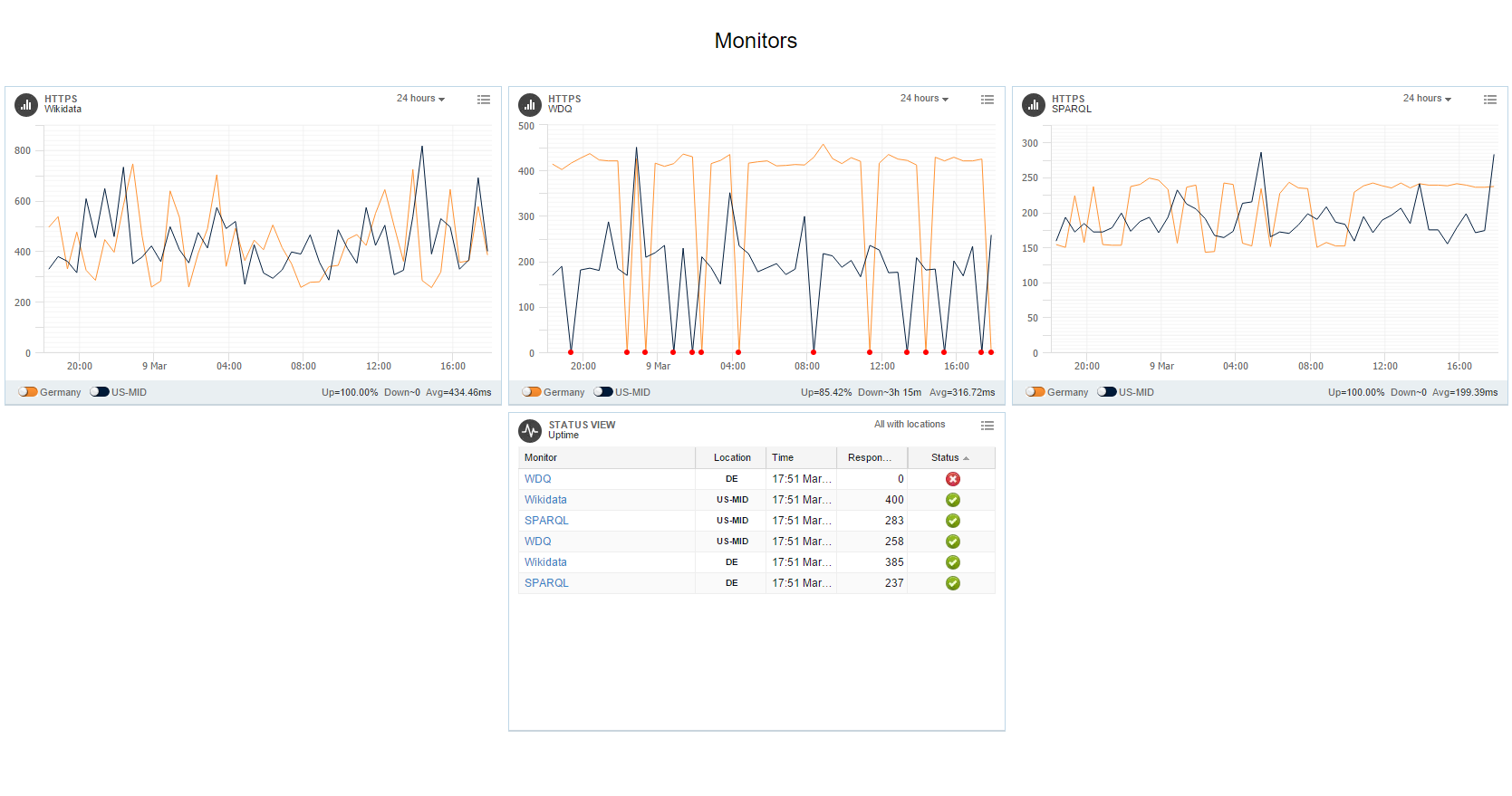As Magnus Manske points out, SPARQL is the preferred way since, I would add, SPARQL is standardized BUT, here is the downside:
The SPARQL endpoint, at this point in time, is NOT as stablereliable as WDQ yet, for example a query like this:
https://wdq.wmflabs.org/api?q=tree[729][150][171,273,75,76,77,70,71,74,89]
Which returns all animals in wikidata, takes 15 seconds to complete as WDQ query, and the equivalent (via https:// tools.wmflabs.org/wdq2sparql/w2s.php) in SPARQL:
prefix wdt: <http://www.wikidata.org/prop/direct/>
prefix wd: <http://www.wikidata.org/entity/>
SELECT ?item WHERE {
?tree0 (wdt:P150)* ?item .
?tree0 (wdt:P171|wdt:P273|wdt:P75|wdt:P76|wdt:P77|wdt:P70|wdt:P71|wdt:P74|wdt:P89)* wd:Q729 .
}
Times out HORRIBLY (test it!).
My advice is to follow Magnus advice to invest in SPARQL, but if you are serious about using this in your project, I'll add a abstraction layer and be prepared to failed queries. (which you should do anyway).
Edit:
Despite of this, WDQ seems more unstable, at least from the availability perspective (or maybe it's the fact that it is inmaybe it´s just the domain wmflabs.org domain, being a DNS problem or notwhatever, but here are the unfiltered results) :
